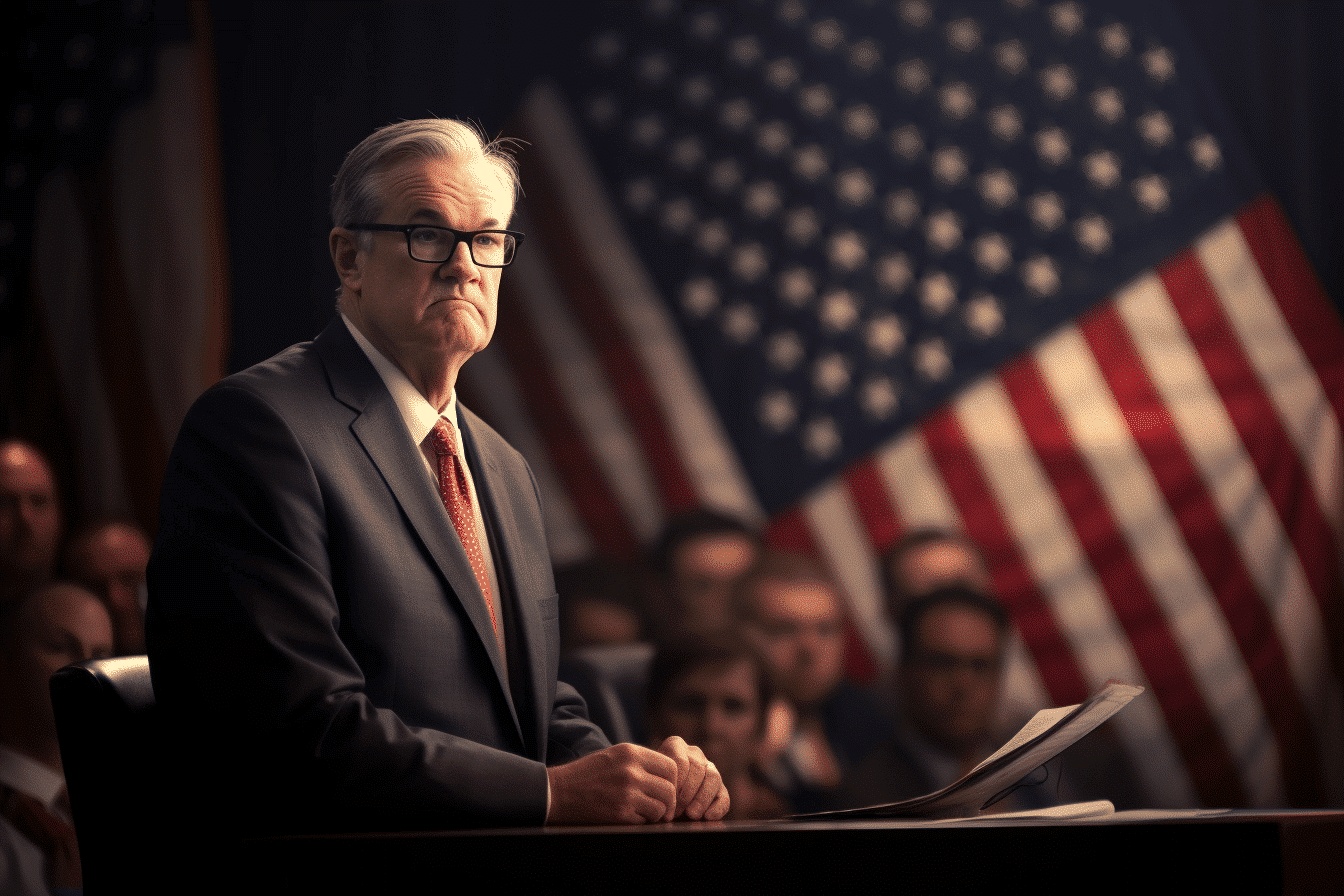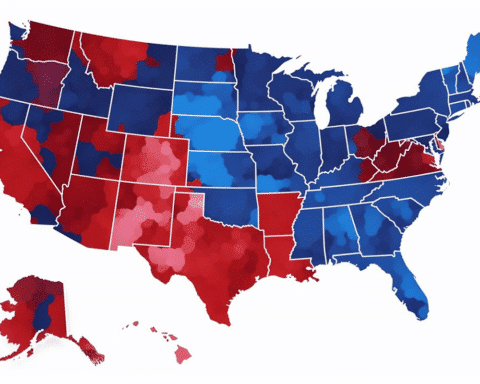According to Kokou Agbo-Bloua, a prominent economist at Societe Generale, central banks have reached a critical juncture in their fight against inflation. Despite the headline figure slowly approaching the Federal Reserve’s target of 2%, core prices, which exclude volatile food and energy costs, remain persistently high. Agbo-Bloua cited the enduring tightness of the labour market and the economy’s apparent resilience as factors contributing to this situation. Market expectations suggest a high probability of the Fed raising interest rates to a range of 5.25% to 5.5% at its upcoming meeting. In May, while overall inflation in the U.S. decreased to an annual rate of 4%, core inflation rose by 0.4% every month and 5.3% compared to the previous year.
Agbo-Bloua assessed the global policymakers’ efforts to control inflation and referenced Winston Churchill’s 1942 speech, noting that the current state may be “the end of the beginning.” He identified several factors behind the persistent inflationary pressures, including extensive government spending to sustain the economy during the pandemic, supply chain disruptions, a significant buildup of excess savings, and companies capitalizing on “reflation” to raise prices beyond what is warranted. Agbo-Bloua argued that companies had developed resilience to interest rates by refinancing their balance sheets and passing on higher input costs to consumers. Additionally, he highlighted the tight labour market and lower labour productivity growth as contributors to wage-price spirals.
According to Agbo-Bloua, central banks must induce a recession by raising interest rates to maintain credibility. He anticipated a slowdown or recession in the U.S. in the first quarter of the following year, primarily impacting corporate profit margins and consumer spending patterns. While he did not foresee a recession in the euro area, he predicted a slowdown due to demand outpacing supply. Agbo-Bloua acknowledged that the impact of monetary policy tightening typically lags behind the real economy by three to five quarters. Still, the buildup of excess savings during the pandemic could delay the effects.
Nathan Thooft, co-head of global asset allocation at Manulife Asset Management, supported this perspective, suggesting that while the global economy had a better start to 2023 than expected and avoided a technical recession, the recession had been postponed rather than cancelled. Thooft emphasized that the duration of below-trend GDP growth is more crucial than the actual occurrence of a recession. Global growth is projected to settle at around 2.5% this year and next, below the 3% threshold that would indicate a global recession if breached. This scenario would result in global GDP growth being 15.2% below trend, a level last observed during the pandemic in 2020 and in the 1940s.
As central banks continue their battle against persistent inflation, economists like Kokou Agbo-Bloua emphasize the significance of the current stage in this ongoing struggle. With core prices remaining high and market expectations of interest rate hikes, the end of the beginning may be near. However, the impact of these efforts is expected to lag behind the real economy, and the accumulated excess savings from the pandemic provide a buffer that extends the timeline. As the global economy navigates the challenges of inflation and the potential for a slowdown or recession, policymakers and investors closely monitor the delicate balance between maintaining credibility and promoting sustainable growth.




